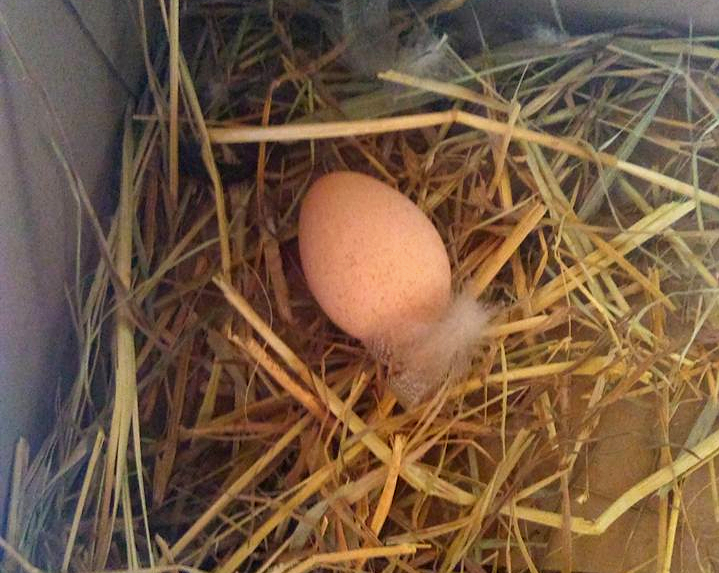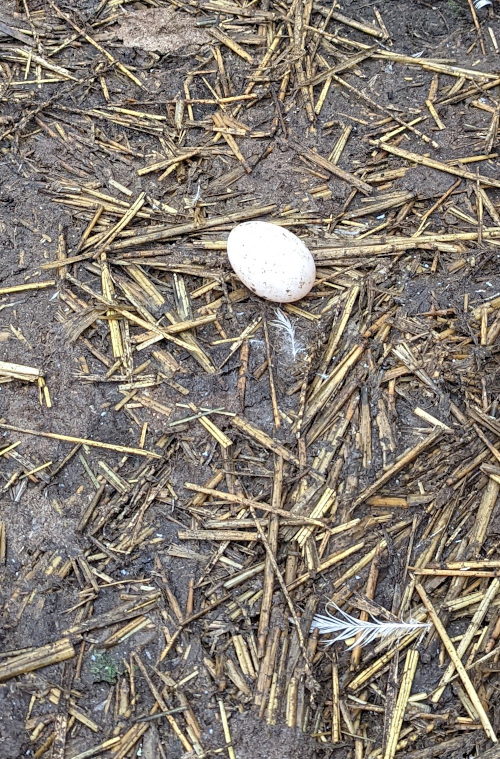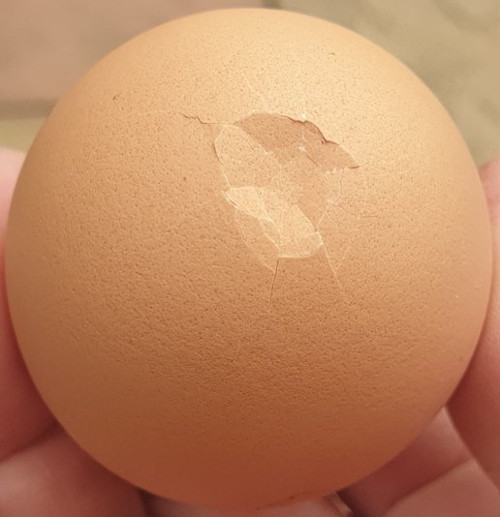Floor eggs. Why it happens and what to do about it.

Floor eggs are a minor annoyance for the backyard keeper but they can lead to other problems. I know I have found it frustrating when I have had floor laid eggs in the past.
There are several causes of floor laying in chickens and most can be resolved quite easily.
What are floor eggs?
Floor eggs are defined as any egg that is laid outside of the nest and are also called ground or slat eggs. They cannot be sold as grade 1 eating eggs or used as hatching eggs.
Floor eggs are common with young hens and may be 8 to 10 % of all the first eggs produced by a flock. within 30 days floor eggs should be 1% or less of all eggs laid by the chickens.
Below: Once one hens lays on the floor or in her own nest on the ground, others will follow her.

The value of floor eggs is well below the cost of producing them and they represent a loss for the chicken keeper as well as being dirty and contaminated.
Why do floor eggs happen?
It is normal for young hens to be caught out when they begin to lay and produce a few floor eggs before they begin to use the nests.
If you have bought young laying hybrid chickens they will have been raised in huge sheds without the benefit of parental guidance and although most will instinctively begin to nest, some birds never learn.
Below: I had a ground egg just last week. Luckily it was one on its own and it has not been repeated.

I have found that the number of floor eggs decline very quickly after the hens have been laying for a week or so.
Stress factors can influence the number of floor eggs. Too many males in the flock or nest boxes facing each other are common reasons for laying away from the nest.
Why is my hen laying eggs on the floor?
The most common reason hens lay on the floor is your setup is wrong. Here are the main reasons for floor eggs:
- The nest boxes are too bright or light shines directly into the box.
- The nest boxes are too far away from the hens and not spaced evenly.
- Egg have been left on the floor so the hens think it is acceptable to nest there.
- The nest boxes are damp or draughty or both.
- There is a parasite problem in the nesting material.
- The nest boxes face each other.
- Eggs can stick to the hens feathers and be carried outside.
Hens can be funny about roll away nest boxes if air flows up through the nest and under the hen.
Below: Floor eggs are more likely to be cracked.

A fraction of 1% of chickens are genetically predisposed to laying on the floor.
How do I stop my chickens laying on the ground and encourage the hens to use the nesting boxes?
Ways to stop floor or ground eggs:
- Pick up floor eggs immediately so the other hens are not attracted to the same behaviour.
- Cover attractive corners and hen built nests until they use the supplied boxes.
- Reduce flock stress factors.
- Hens like to walk along the nests and give them a good look before they decide where to lay to a line of nest boxes is ideal.
- Spread the nest boxes out a little so they are near the hens.
- Make sure the nesting boxes are at different heights above the ground to allow choice.
- Nests should be away from feed and water.
- Keeps nest clean, dry and free from parasites and draughts.
- Keep free range hens indoors for a while in the morning till the egg routine settles.
